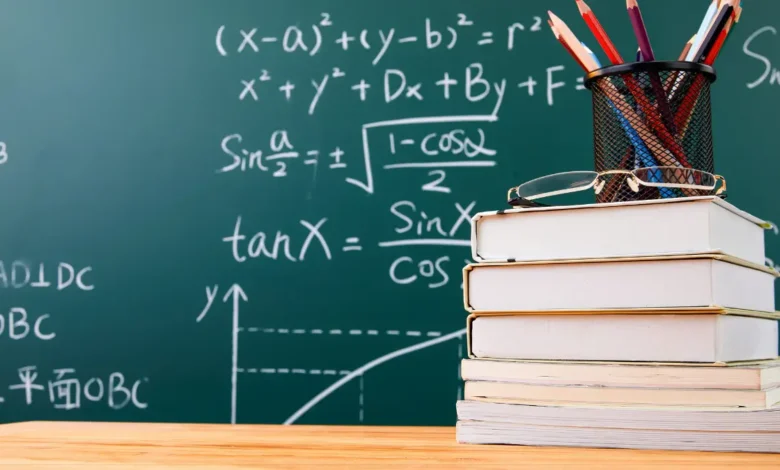Mathematics Missing in 464 Public Schools

South Africa’s education system faces a growing crisis: 464 public schools across the country no longer teach Mathematics. According to a written response from Minister of Basic Education Siviwe Gwarube to Parliament, KwaZulu-Natal leads with the highest number—135 schools—that have removed the subject from their curriculum. Instead, these schools only offer Mathematical Literacy, a less intensive alternative.
ALSO READ: SASSA SRD Grant to Become Basic Income Grant
Provinces with the Most Schools Without Mathematics
The provincial breakdown reveals concerning patterns:
- KwaZulu-Natal: 135 schools
- Eastern Cape: 84
- Limpopo: 78
- Western Cape: 61
- Gauteng and North West: 31 each
- Northern Cape: 19
- Free State: 14
- Mpumalanga: 11
Although Mathematical Literacy still forms part of the subject offering, the absence of core Mathematics limits future academic and career paths for learners.
Why Schools Remove Mathematics from Their Curriculum
Minister Gwarube cited several reasons for the decline in Mathematics offerings:
- Low enrolment in Mathematics streams makes it financially and logistically impractical to run full classes.
- A nationwide shortage of qualified Mathematics teachers affects the subject’s availability.
- Budget constraints and timetabling issues prevent schools, especially smaller ones, from offering both Mathematics and Mathematical Literacy.
The Department encourages schools, parents, and learners to jointly decide on subject selections starting in Grade 10. However, the structural challenges within the system often limit those choices.
Decline in Mathematics Enrolment and Performance
Mathematics enrolment at matric level has steadily decreased—from 46% in 2011 to just 34% in 2023. In 2024, only 255,762 learners registered for Mathematics, a drop from 268,100 in 2023. This trend reflects deeper systemic issues, including:
- Poor foundational learning in earlier grades
- A lack of subject confidence among learners
- Inadequate teaching support and resources
Minister Gwarube emphasized that this trend could hinder South Africa’s ambitions in science, technology, innovation, and economic development.
Global Assessment Shows South African Learners Lag Behind
The 2023 Trends in International Mathematics and Science Study (TIMSS) highlighted the scale of the problem. Although TIMSS typically assesses Grade 4 and Grade 8 learners globally, South Africa submitted Grade 5 and Grade 9 students—yet still ranked last among 59 participating countries.
This tactic—testing older learners to match global benchmarks—exposes the depth of curriculum and comprehension deficits in South Africa’s education system.
Department Interventions to Boost Mathematics
Despite the challenges, the Department of Basic Education has launched several key initiatives to strengthen Mathematics education:
- Monthly Mathematics coordination meetings with all provinces to share best practices
- Mathematics, Science and Technology (MST) Conditional Grants to support resource acquisition and teacher development
- The STEM Focus Schools Programme to boost interest in science and Mathematics
- Mother Tongue-based Bilingual Education for better conceptual understanding
- Strengthening of Foundation Phase and Early Childhood Development (ECD) to tackle root issues
- Teacher training and methodology development to improve classroom delivery
- Post-provisioning reviews to improve teacher allocation in underserved schools
- Curriculum support strategies aimed at enhancing teaching quality
- Protecting learning time by minimizing disruptions and maximizing classroom hours
These initiatives aim to reverse the decline by equipping more schools to teach Mathematics and encouraging learners to choose it over Mathematical Literacy.
The absence of the subject in hundreds of schools poses a significant risk to South Africa’s educational and economic future. While the Department of Basic Education has recognized the issue and introduced strategic interventions, the growing gap in education underscores the urgent need for system-wide reform. If South Africa hopes to build a competitive workforce and stimulate innovation, it must make Mathematics instruction a priority—not a privilege.



